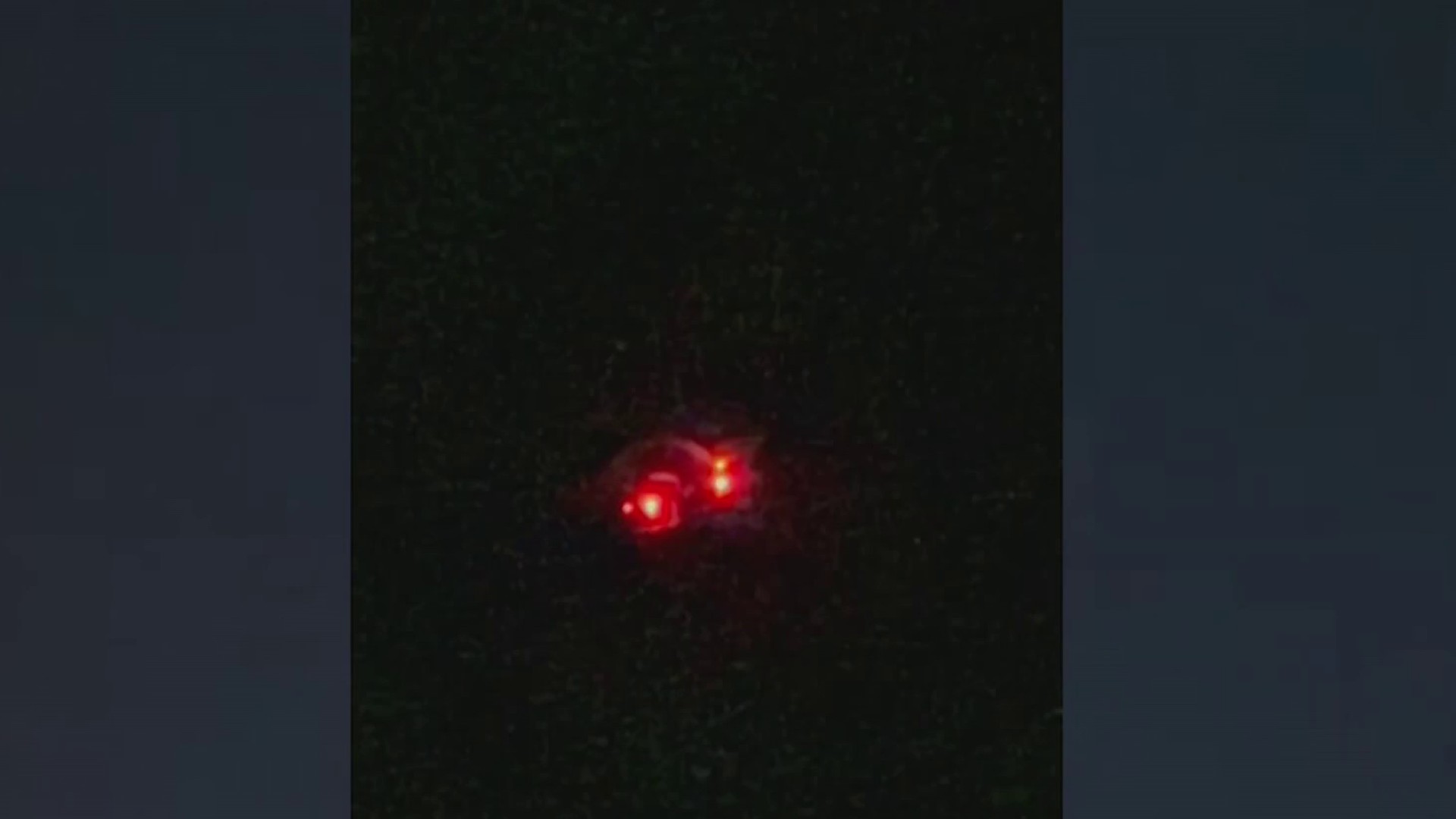Many of the calls going to D.C.’s emergency call takers aren’t emergencies at all — hundreds of thousands of them a year, in fact — so the city launched a public awareness campaign.
While most people who dial 911 are reporting real emergencies like fires, shootings and heart attacks, others call simply to complain about things like parking tickets.
“Like, how do I pay my parking ticket?” 911 call taker Tenaj Gueory said. “I got a parking ticket. How do I contest the parking ticket? The other day, I had a guy who said, you know, I got eight parking tickets from the same officer and I just need to make a complaint, and you guys need to do something about it.”
She said she gets lots of calls like that among the 200-300 she answers daily.
We've got the news you need to know to start your day. Sign up for the First & 4Most morning newsletter — delivered to your inbox daily. >Sign up here.
“We need to save our resources for people who are in life-or-death situations,” Gueory said.
Of the 1.2 million 911 calls last fiscal year, 300,000 — or one fourth — were non-emergencies that could have been handled by calling 311 or other agencies, according to D.C.’s Office of Unified Communications.
Heather McGaffin, director of D.C.’s 911 call center, has faced public criticism over her agency’s performance in recent years. She said the Make the Right Call campaign is one step toward improving D.C. 911.
Local
Washington, D.C., Maryland and Virginia local news, events and information
“It is absolutely not lost on me that we have neighbors and visitors who are hesitant to call 911, and we are making improvements,” she said. “When I started here, we had 36 call taker vacancies. As of Monday morning, we had six.”
The top five examples of wrong 911 calls are:
- Parking enforcement
- Noise complaints
- Lost, found or stolen property
- Crimes that occurred in the past with no injury or suspect on the scene
- Illegal dumping
“So, our call takers spent time either transferring those calls or, in most cases, explaining to callers that it wasn't an emergency and what their best option for a resource would be,” McGaffin said.
Examples of when 911 definitely should be called are:
- Any crime in progress where the offender is still on the scene
- Fires
- Medical emergencies
- Home and business intruders
- Vehicle crashes involving personal injury, major property damage or traffic tie-ups
- Sightings of wanted criminals
“But I always tell people if you don't know, call 911,” McGaffin said. “But if we tell you that it's not in need of an emergency situation, go with us on that.”
The District’s non-emergency 311 call line is open and staffed 24 hours a day, 365 days a year and can connect callers to police and other agencies for non-emergency issues.



